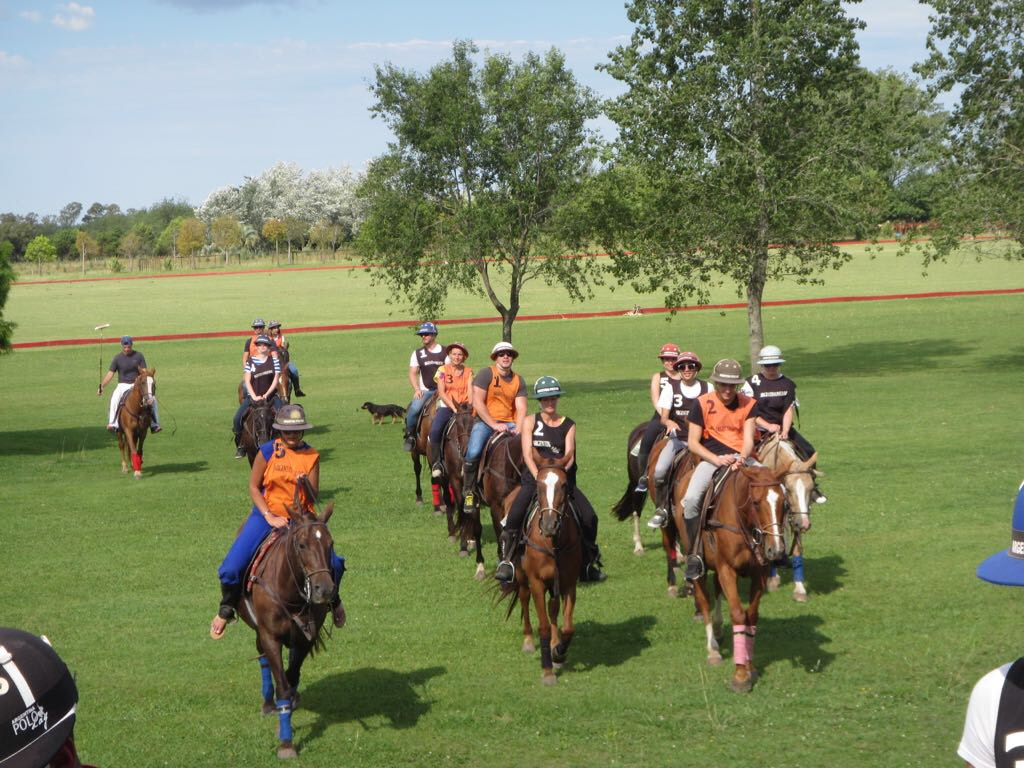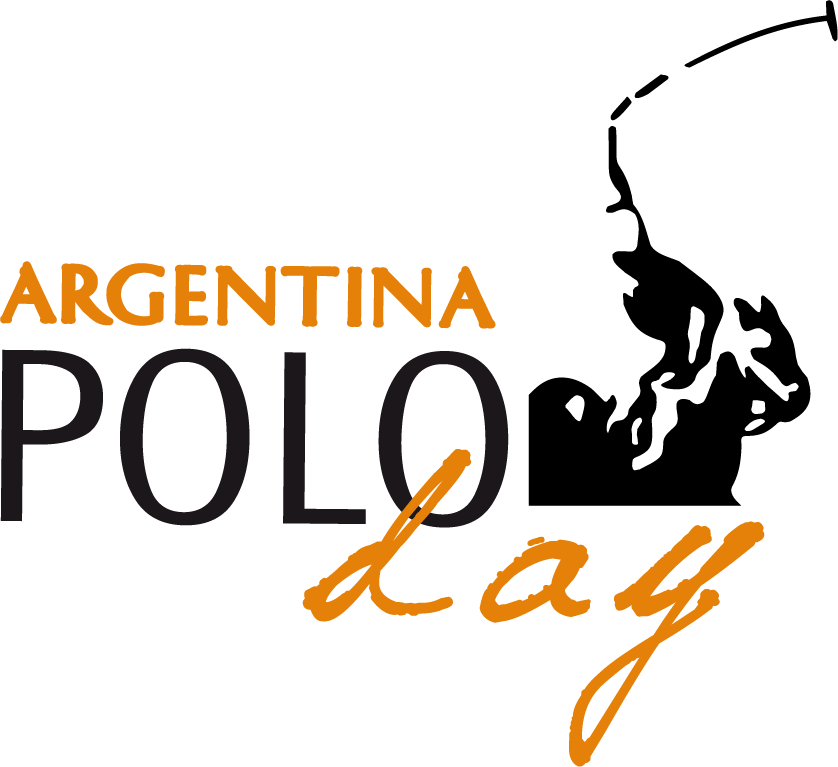
Polo, often referred to as the «Sport of Kings,» is an exhilarating game that combines athleticism, strategy, and the unique bond between player and horse. For beginners, understanding the basic dynamics of a polo match is essential. Typically divided into 4 to 6 periods known as chukkers, each lasting 7.5 minutes, polo demands both physical endurance and mental agility from its players. Amidst the fast-paced action, the intermittent warning bell at 7 minutes serves as a reminder of time ticking away, while goals or the ball touching the sideboards can abruptly end a chukker, adding a layer of unpredictability to the game.
One of the distinctive features of polo is the strategic horse changes between chukkers, allowing players to optimize their mounts’ energy and performance. This four-minute intermission not only showcases the athleticism of the horses but also highlights the symbiotic relationship between player and steed. Additionally, on scorching days, quick horse changes mid-play demonstrate the adaptability and resourcefulness of both players and their equine partners.
Furthermore, the handicap system, introduced over a century ago, remains integral to polo, ensuring balanced competition by evaluating players’ skills across various dimensions, including sportsmanship, strategy, and horsemanship. As Sir Winston Churchill famously remarked, a player’s handicap serves as their «passport to the world» in the global polo community, emphasizing the sport’s widespread appeal and the importance of fair competition on the international stage. With its rich history, dynamic gameplay, and emphasis on teamwork and horsemanship, polo offers a captivating experience for beginners eager to embark on this timeless equestrian pursuit.

